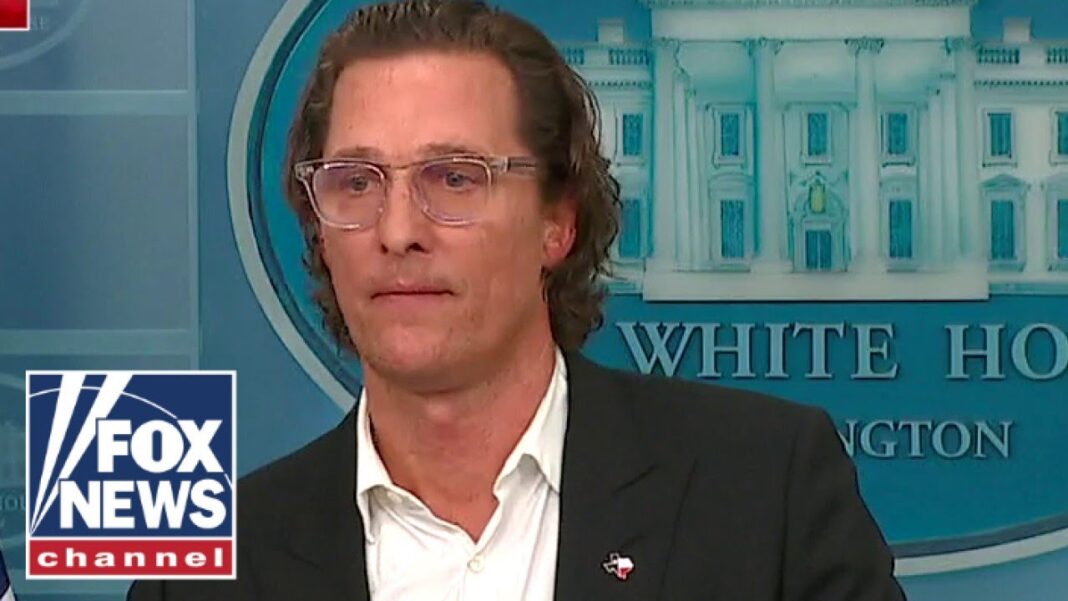
President Joe Biden’s administration has made two major changes to immigration policies by re-interpreting federal law.
Immigrants, many illegal, from certain countries are shielded from deportation and allowed to be legally employed if the secretary of homeland security decides their home country meets certain conditions.
The designation is known as Temporary Protected Status (TPS).
Fifteen countries are currently designated, including Afghanistan, El Salvador, Somalia, Ukraine, and Venezuela. Hundreds of thousands, possibly millions, of immigrants from those countries are protected.
Up until July, those protected by TPS had to remain in the country unless they received approval to travel.
If TPS beneficiaries did leave the country and returned, they’d have the same status—illegal or legal—when they returned, based on language from Miscellaneous and Technical Immigration and Naturalization Amendments, even though they could remain temporarily protected by TPS.
But U.S. Citizenship and Immigration Services (USCIS), which handles the nation’s legal immigration system, has changed that policy.
Now, all beneficiaries that return will be “inspected and admitted,” a bureaucratic term that means one has entered the country legally. “This is true even if the TPS beneficiary was present without admission or parole when initially granted TPS,” USCIS said in an alert (pdf).
“That basically launders the fact that they came here illegally and that will put them on the path to a green card,” Jessica Vaughan, policy studies director at the Center for Immigration Studies, told The Epoch Times.
“This is an end run on U.S. immigration law, and Congress,” added Emilio Gonzalez, who directed USCIS during the George W. Bush administration. “It really is a left-handed way of legalizing people.”
USCIS said in its alert that the change stemmed from a court decision, guidance from the lawyers at its parent agency, the Department of Homeland Security, and an evaluation of current and past policy. The agency did not respond to requests for comment.
Supreme Court
The Supreme Court in 2021 ruled that immigrants who receive TPS are not admitted for purposes of obtaining legal permanent residency.
“A grant of TPS does not cure a foreign national’s entry without inspection or constitute an inspection and admission of the foreign national,’” Justice Elena Kagan, an Obama appointee, wrote in the 9–0 decision.
But USCIS seized on a footnote in the ruling, in which the court said it was not expressing a view on whether a parole enables a TPS recipient to become a legal permanent resident. The secretary of homeland security can parole an illegal immigrant, which allows them to enter or remain in the country legally.
The USCIS also cited a decision from the U.S. Court of Appeals for the Fifth Circuit, which said that the law mandates TPS beneficiaries who travel outside the country be inspected and admitted upon returning, and be treated as entering the United States legally, even if they originally entered illegally.
The DHS Office of General Counsel, on the request of USCIS, reviewed the rulings and the law and concluded that USCIS was “well within its authority” to rescind Trump era guidance and allow illegal immigrants to use leaving the country and coming back to become legal.
“This is just a transparent workaround that I believe is illegal, and almost certainly is going to be challenged,” Vaughan said.





